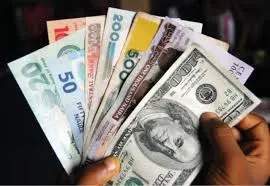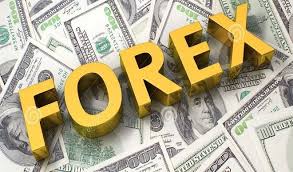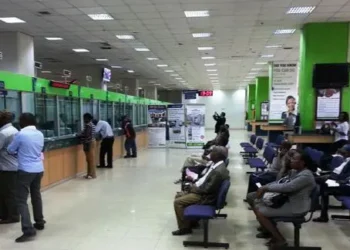The exchange rate between the Nigerian naira and the United States dollar witnessed a sharp fall on Tuesday, hitting N847/$1. This marks a substantial 6.93% depreciation from the previous day’s rate of N793/$1.
The fluctuations in the exchange rate showed extreme intra-day highs and lows, with the rate reaching as high as N900/$1 and plunging to N700/$1, creating a significant disparity of approximately N200/$1.
This recent decline to N847 is the second-lowest point the naira has reached, following a drop to as low as N848/$1 on the 17th of October. Data for this exchange rate is sourced from the official NAFEM window.
Forex turnover for the day stood at $88 million, marking an 8% increase compared to the prior day.
On the unofficial black market, where forex is traded outside official channels, the exchange rate remained weak, quoting as low as N1,300/$1. Peer-to-peer traders quoted a somewhat higher rate, around N1,256/$1.
A surprising development on Wednesday morning revealed that crypto traders were quoting an even higher rate, reaching as high as N1,274/$1 for the dollar.
The situation has raised concerns among both businesses and consumers, as the weakened naira has a direct impact on the cost of imports and could lead to inflationary pressures.
Additionally, the federal government is considering implementing excise tax penalties on foreign exchange transactions conducted outside the official market window. This move is part of the government’s efforts to address the issue of multiple exchange rates in the country.
The Tax Committee, led by Taiwo Oyedele, has put forth several “quick win” recommendations aimed at addressing pressing economic concerns, including exchange rate management, the removal of fuel subsidies, inflation control, and the promotion of economic growth.
One of these recommendations is the introduction of an excise tax on foreign exchange transactions occurring outside the official market. Oyedele took to his Twitter account to highlight these developments and stated that the “imposition of excise tax on foreign exchange transactions outside the official market” is among the proposals presented to the federal government.
Foreign Reserve
Meanwhile, Nigeria’s external reserves have experienced a slight increase, reaching $33.28 billion. This marks a six-day gaining streak, maintaining reserves above $33 billion since July 2023.

Source: CBN website
The ongoing fluctuations in the naira-dollar exchange rate and the government’s potential move to impose excise tax penalties underscore the challenges facing Nigeria’s currency stability and economic environment.










